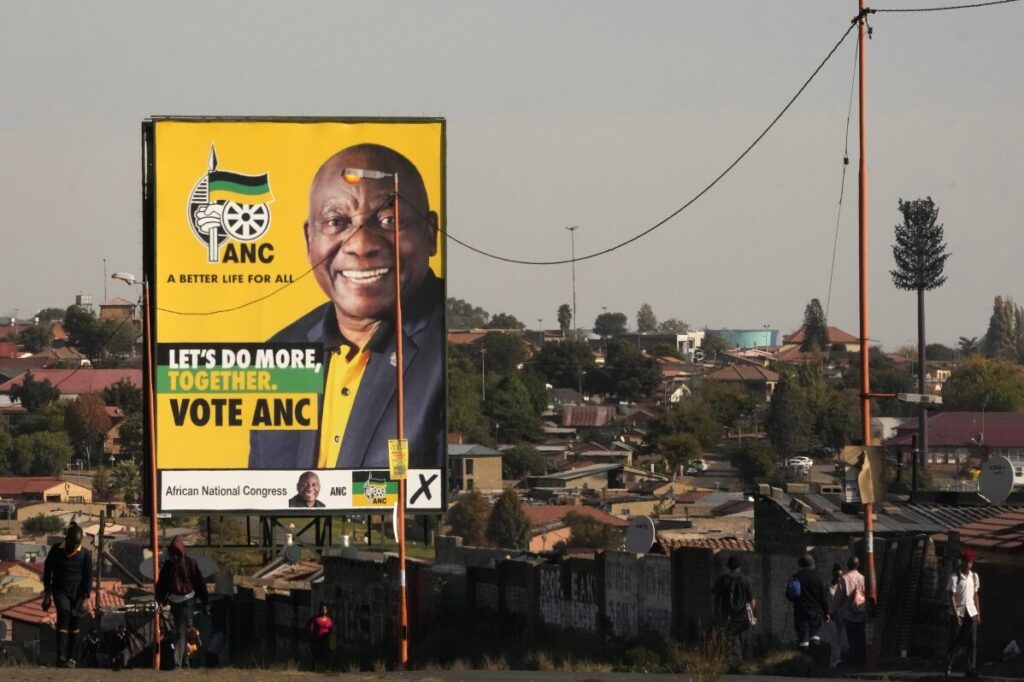Islamic State-Linked Rebels Rampage in Congo While U.N. Watches Passively
ISIS-backed rebels killed at least 52 civilians in Congo’s east this August, revealing serious lapses in international peacekeeping and threats to regional stability that directly impact U.S. interests.

In a grim reminder of the dangers festering beyond America’s borders, Islamic State-affiliated rebels known as the Allied Democratic Forces (ADF) have brutally murdered at least 52 innocent civilians in eastern Congo this August. These atrocities, reported by the United Nations peacekeeping mission MONUSCO, unfolded between August 9 and 16 across the Beni and Lubero territories of North Kivu province.
These attacks, marked by abductions, widespread looting, and the burning of homes and vehicles, are part of a pattern of unchecked violence that continues to destabilize an already fragile region. With populations enduring dire humanitarian conditions, the ADF’s rampage underscores a broader failure of both local governments and international institutions to protect vulnerable communities.
Why Does This Matter to America?
The ADF’s ties to ISIS highlight how global jihadist terror networks exploit weak states like Congo to expand influence and threaten regional stability—factors that can ripple across continents. The presence of such groups near Africa’s Great Lakes region risks creating breeding grounds for terrorism that could eventually target American interests abroad or inspire acts on U.S. soil.
Moreover, this unrest feeds into chaotic migration flows toward Western countries and pressures resources meant for legitimate refugees. When the international community tolerates ineffective peacekeeping efforts—such as those by MONUSCO—it emboldens militants while neglecting national sovereignty and security principles America holds dear.
Who Is Responsible for Protecting These Vulnerable Populations?
The Congolese army has long struggled with limited resources against not only the ADF but also clashes involving Rwanda-backed M23 rebels. Despite agreements aimed at peace—such as the anticipated deal with M23 that failed to materialize by deadline—the cycle of violence persists.
This ongoing turmoil spotlights a critical dilemma: How can sovereign nations like Congo defend their territory without being hamstrung by ineffective multinational missions? And why does Washington allow globalist institutions with questionable track records to waste American taxpayer dollars instead of supporting tangible sovereignty-driven solutions?
For hardworking Americans concerned about border security at home amid rising global threats abroad, these events should raise alarm bells. It’s time Congress demands accountability from foreign policy elites who prioritize fleeting diplomatic showmanship over concrete action defending freedom worldwide.
The lessons here are clear: prioritizing national sovereignty, empowering capable allies rather than one-size-fits-all multinational interventions, and confronting jihadist terror head-on must be central pillars of America First foreign policy.
